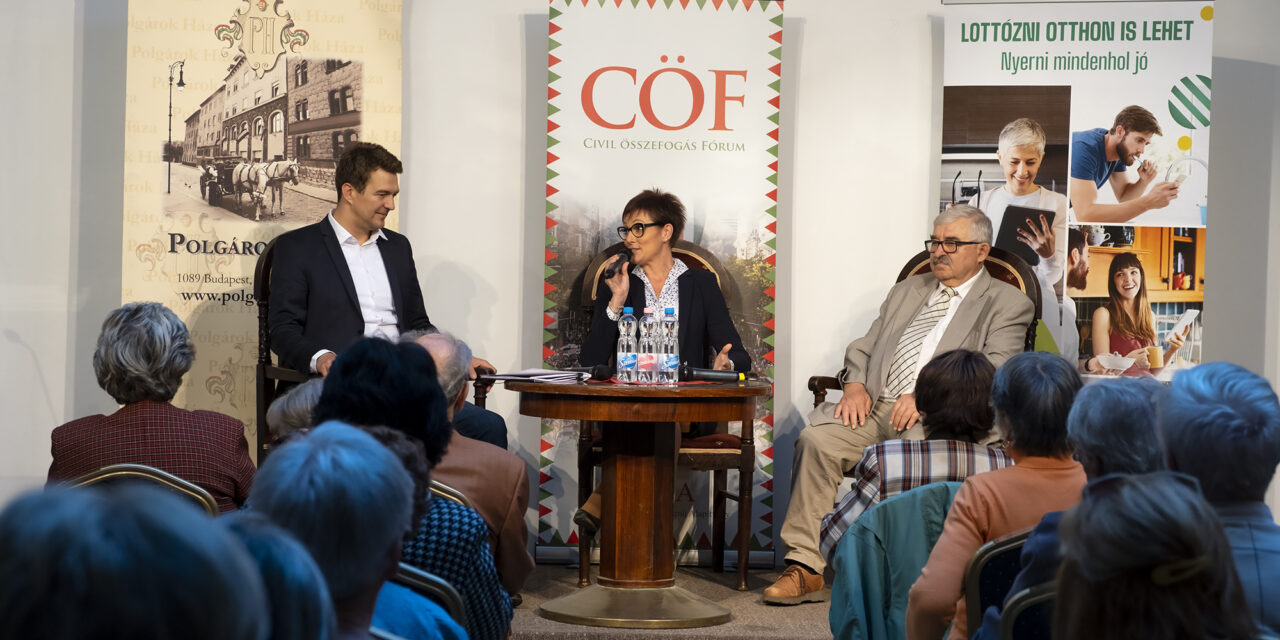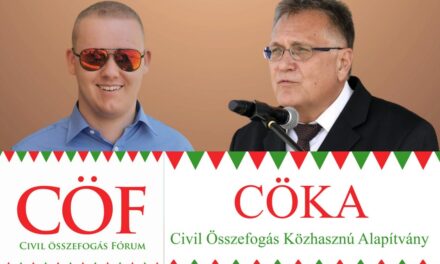There were plenty of topics for the last Civil Academy as well: Viktor Orbán's speech started the autumn session of the parliament with all its eloquence and eloquence. On Saturday, Slovakia elected a new government, and it doesn't matter from the point of view of Hungarians in the highlands or the relationship between the two countries. Then the influence of the media on politics in the United States and the future of the Union in Europe, the relationship of Hungary in the European Union.
A thinking and perceptive person knows and feels that Europe is in a multifaceted and leadership crisis. We hardly even know the name of the German chancellor, because he is so weightless. France and Macron are working to prevent a civil war. So the question is right, then who controls Europe? Another legitimate question is who and according to what ideas Europe should move forward in the future. Covid was here, the war broke out, the economic crisis, and what do we see? Bad answers were made in the witches' kitchens of the left. As a result, neither the Hungarian nor the European left has learned anything from them. It seems that their poor situational awareness also indicates problems in ability or commitment. Electoral chances cannot be described with mathematical formulas alone, because politics is not dry mathematics.
The moderator was Anett Szabó, instead of Gábor G. Fodor, who had been announced but was unexpectedly absent due to a sports accident, the expert interlocutors this time were Dr. László György, the government commissioner responsible for professional cooperation in economic strategic tasks, and Dr. Imre Boros, economist.
Complete admission of the Civil Academy:












